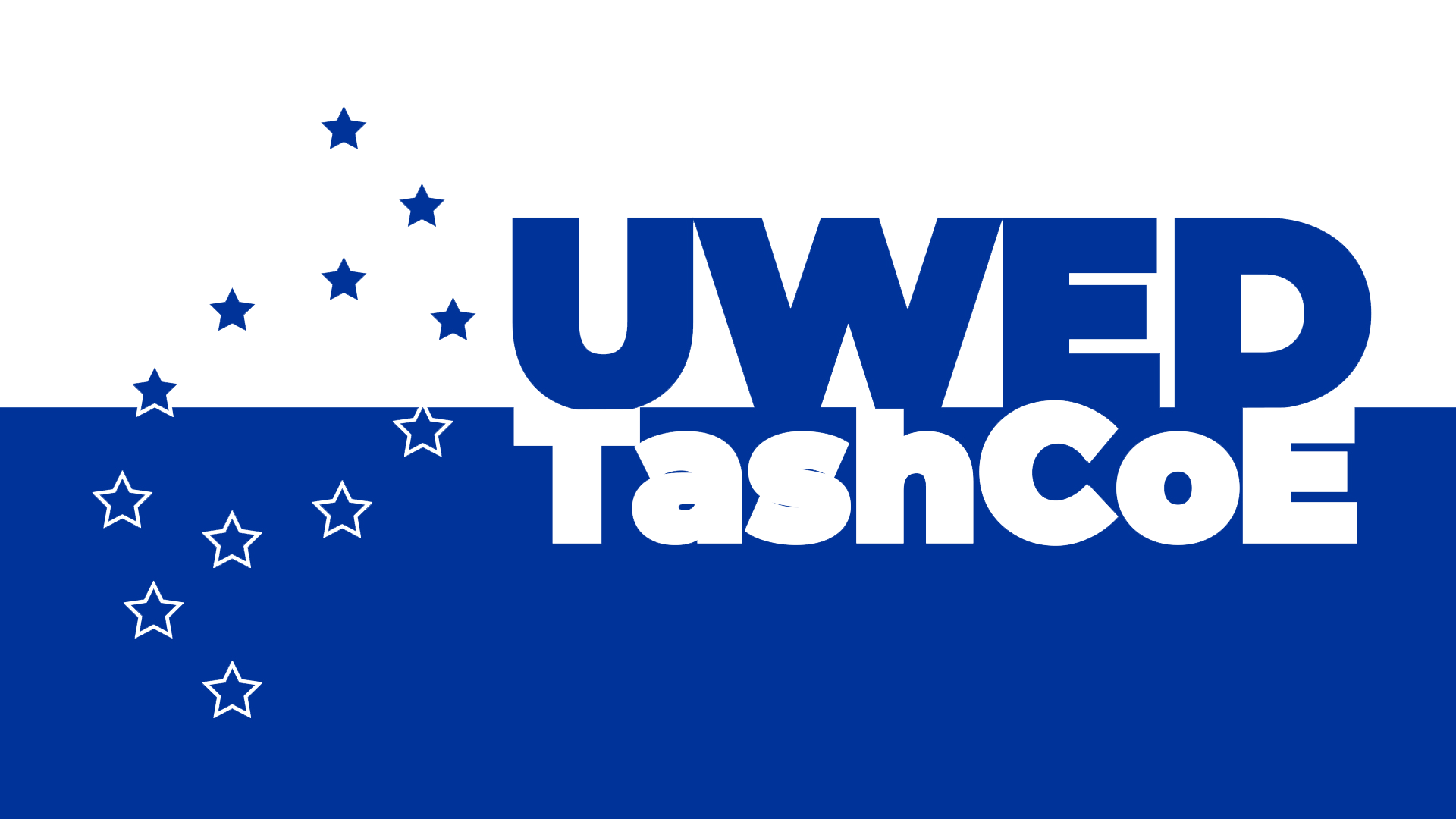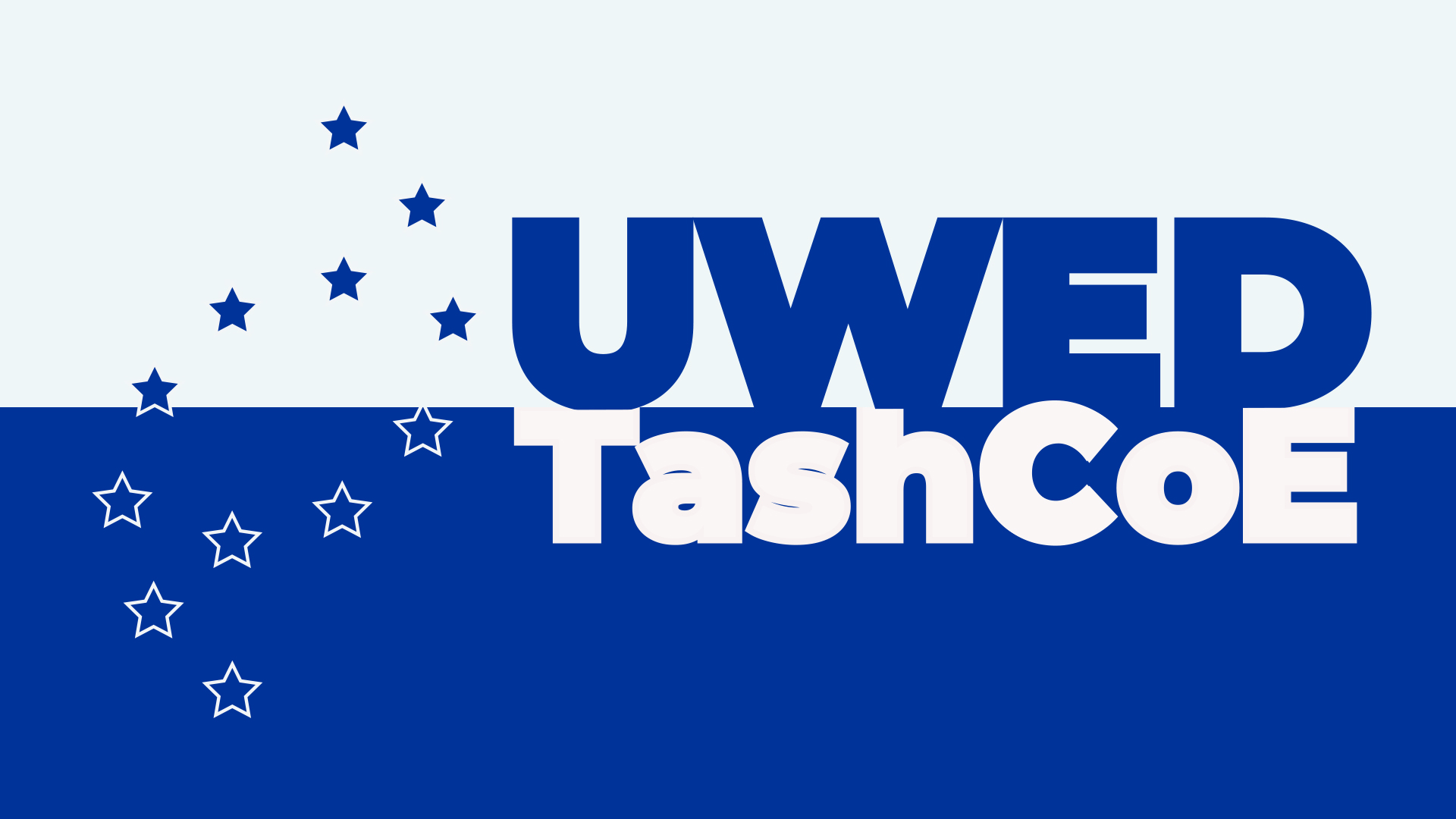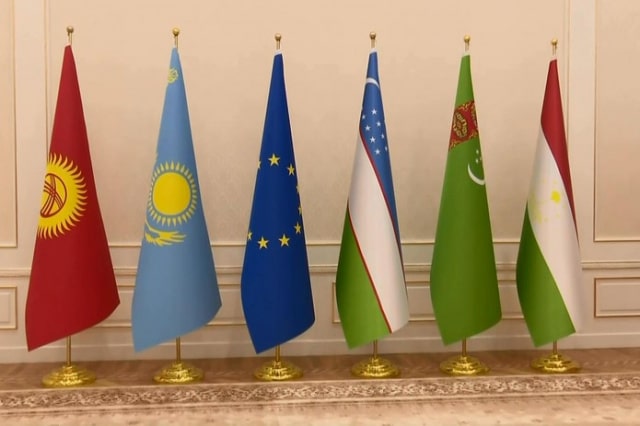Information about event:
Date: 14 July 2021
Time: 11:00 – 13:30
Venue: UWED Conference Room 109
Meeting type: blended both in person and online
Zoom Meeting ID: 868 0984 7376
Passcode: 198869
Following the results of the first Strategy 2007-2013, the EU revised its role in Central Asia due to the new existing circumstances. The adoption of the EU Global Strategy served as an impetus for the development of a new regional Strategy for Central Asia that meets today’s realities and the main priorities of which are partnership for sustainability, cooperation for prosperity, intensive joint work, steadily developing, and closely interconnected economic and political space. The new EU Strategy should also serve as a fundamental document for the development of EU development assistance programs for 2021-2027. The transition to a deeper level of cooperation and the continuation of the implementation of the goals of the previous Strategy are an integral part of the contemporary EU policy in Central Asia. To maintain its presence in the region, the EU promotes non-aggressive policies. The EU seeks to gain the confidence of the CA countries as a supporter of the region’s integration into the world trading system, a source of investment and modern technologies, a partner who is interested in the process of economic transformations and reforms in priority areas. The EU has repeatedly stated that it respects national development strategies, the interests of each of its partners in the CA region, and in order to achieve common goals, the EU will contribute to increasing its interaction and intensifying cooperation. This international conference will focus on the genesis of the development of relations between the EU and the Central Asian region, the implementation of mutually beneficial foreign policy activities of partners throughout the period of cooperation, the role of CA as a transport hub connecting different regions (i.e., IndiaEU connectivity). The new Strategy, which is facing certain difficulties in its implementation, should become a new catalyst for the implementation of its goals. Despite the pandemic, which shifted the deadlines for the implementation of certain agreements and affected the overall global situation in all areas, the parties are trying to follow the previously concluded commitments.
| July 14, Wednesday | ||||
| 11:00 | – | Inviting participants to the start of the event | ||
| Gulnoza Ismailova (moderator)
Vice-Rector of the University of World Economy and Diplomacy, Head of TashCoE project |
||||
| 11:00 | – | Welcoming speech:
Ambassador Charlotte Adriaen (EU) (TBC) Head of EU Delegation in Uzbekistan |
||
| Gulnoza Ismailova (Uzbekistan)
Vice-Rector of the University of World Economy and Diplomacy, Head of TashCoE project |
||||
| Aybek Shakhavdinov (Uzbekistan)
Head of Division, Department for cooperation with European countries and the EU Institutions, Ministry of Foreign Affairs of Uzbekistan |
||||
| First plenary session | ||||
| EU-CENTRAL ASIA COOPERATION: BETWEEN THE VULNERABLE PAST AND RESILIENT FUTURE | ||||
| Ulugbek Khasanov (Uzbekistan) (moderator)
Head of Department, University of World Economy and Diplomacy |
||||
| 11:10 | – | Andris Spruds (Latvia), Director, Latvian Institute of International Affairs |
||
| Pierre Chabal (France),
Professor of Political Science, Le Havre University |
||||
| – | Sanjay Kumar Pandey (India)
Professor, Jawaharlal Nehru University |
|||
| – | Yann Alix (France)
General Delegate of the Fondation SEFACIL
|
|||
| – | Timor Sharan (Afghanistan)
Founder and Executive Director of Afghanistan Policy Lab |
|||
|
– |
Mirzokhid Rakhimov (Uzbekistan)
Professor of the University of World Economy and Diplomacy, Principal Research Fellow at the TashCoE project |
|||
| – | Akram Umarov (Uzbekistan)
Senior Research Fellow, University of World Economy and Diplomacy |
|||
| 11:55 | – | Discussion | ||
| Second plenary session | ||||
| EU-CENTRAL ASIA: PARTERSHIP IN ACHIEVING SDGs
|
||||
| Mirzokhid Rakhimov (Uzbekistan) (moderator)
Professor of the University of World Economy and Diplomacy, Principal Research Fellow at the TashCoE project |
||||
| 12:15 | – | Fabienne Bossuyt (Belgium)
Assistant Professor at the Centre for EU Studies, Ghent University |
||
| Kabuljon Sabirov (Uzbekistan)
Director of the Center for Public Diplomacy of Shanghai Cooperation Organization in Uzbekistan |
||||
| – | Faridun Sattarov (Uzbekistan)
Head of Department, University of World Economy and Diplomacy |
|||
| – | Antonio Alonso Marcos (Spain)
Professor of History and Society, The CEU San Pablo University |
|||
| – | Gavkhar Sultanova (Uzbekistan)
Associate Professor at the University of World Economy and Diplomacy, Senior Research Fellow at the TashCoE project |
|||
| – | Alberto Turkstra (Belgium)
Project Manager, Diplomatic World Institute |
|||
| – | Otabek Nayimov (Uzbekistan)
Dean of Postgraduate Education, Lecturer at the TashCoE project |
|||
| 12:50 | – | Discussion | ||
| 13:20 | Concluding Remarks
Ambassador Charlotte Adriaen (EU) (TBC) Head of EU Delegation in Uzbekistan Gulnoza Ismailova Vice-Rector of the University of World Economy and Diplomacy, Head of TashCoE project |
|||





 Русский
Русский O`zbek
O`zbek